Learning Days 14: West Africa Regional Hub Workshop
Organized by Centre de Recherche et d’Action pour la Paix (CERAP), home of the West Africa Regional Hub of Evidence in Governance and Politics (EGAP)
June 24-29, 2024
Abidjan-Cocody, Côte d’Ivoire
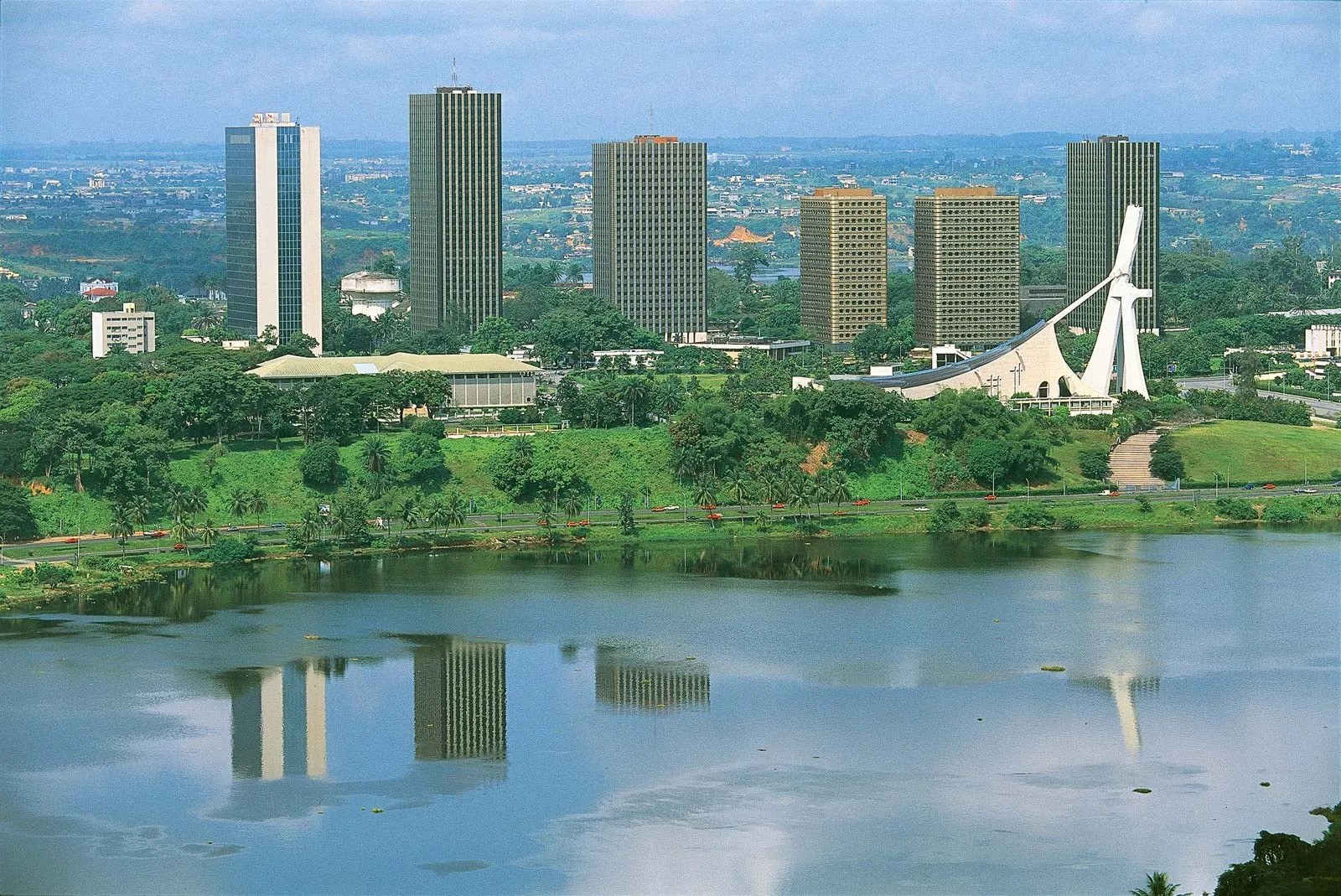
The Centre de Recherche et d’Action pour la Paix (CERAP), home of the West Africa Regional Hub of Evidence in Governance and Politics (EGAP) will hold a Learning Days workshop in Côte d’Ivoire in June 2024 for 6 days: 5-day intensive aimed at introducing and developing familiarity with causal inference in impact evaluations for scholars and program evaluators in the Global South, and 1-day for a policy event. It will take place from June 24-29, 2024 at CERAP’s Cocody campus in Abidjan, Côte d’Ivoire.
The workshop is intended for both Francophone and Anglophone Africa-based researchers and evaluation professionals working in academic, non-governmental, and governmental organizations who carry out analyses related to governance and development.
We strongly encourage applications from researchers with training in the social sciences (political science, public administration, development studies, conflict studies, economics, and other related disciplines) who primarily use qualitative methods but have some familiarity with quantitative research.
Preference will be given to qualified applicants with degrees from African institutions and those who currently work on (or are planning to work on) studies related to polarization, conflict, and democracy in Africa.
Key topics include research design, causal inference, randomization, estimation, and hypothesis testing. The week will include sessions for individual feedback on participants’ research designs and statistical exercises. Accepted applicants will be expected to complete a preparatory exercise before arriving for the clinic.
All lectures will be held in both French and English.
Materials will be available in both French and English.
In order to be eligible for the workshop, applicants must:
- Be currently based at a university, government, or civil society organization in Africa
- Be able to follow a course in English
- Have basic knowledge of statistics
- Have training in the social sciences, with at least some portion of their higher education from an African institution
CERAP and EGAP will cover the financial costs of transportation to and from the workshop location, accommodations (for attendees from outside Abidjan), lunch/snacks at the workshop, and an opening dinner, along with a stipend for other meal expenses. If selected to attend the workshop, participants must arrive before the morning of Monday, June 24, and be in attendance each day through the evening of Saturday, June 29.
About the Instructors

Nahomi Ichino (PhD, Stanford University) is an associate professor in the Department of Political Science at Emory University. She is EGAP’s current Trainings Director, leading the Learning Days workshops. Her research interests focus primarily on ethnic politics, voter behavior, and political parties in developing democracies, with a regional specialization in sub-Saharan Africa. She has a secondary research interest in methodology for comparative politics. Her work has been published in American Political Science Review, American Journal of Political Science, and other outlets.

Gareth Nellis (PhD, Yale University) is an assistant professor in the Department of Political Science at the University of California, San Diego. His research focuses on political parties, in particular the origins and persistence of weakly institutionalized party systems, and the extent to which parties matter for key development outcomes. A second strand of work addresses the drivers of discrimination against internal migrants in fast-urbanizing settings.
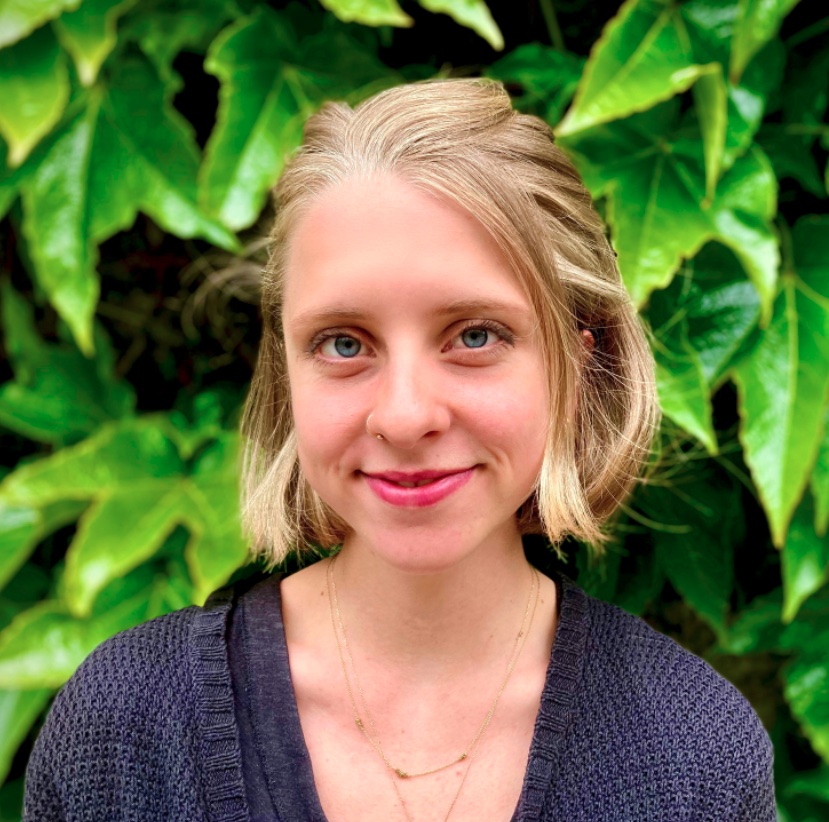
Alyssa René Heinze is a PhD Candidate in Political Science at the University of California, Berkeley and a Research Associate at the Center on the Politics of Development. She researches gendered understandings of: the political economy of local development, political inequality, and the consequences of climate change using mixed (in-depth qualitative, experimental, and machine-learning) methods. Her dissertation project investigates the role of state and community control of natural resources in entrenching patriarchal gender relations. Her research is located in the Global South, with a focus on India.
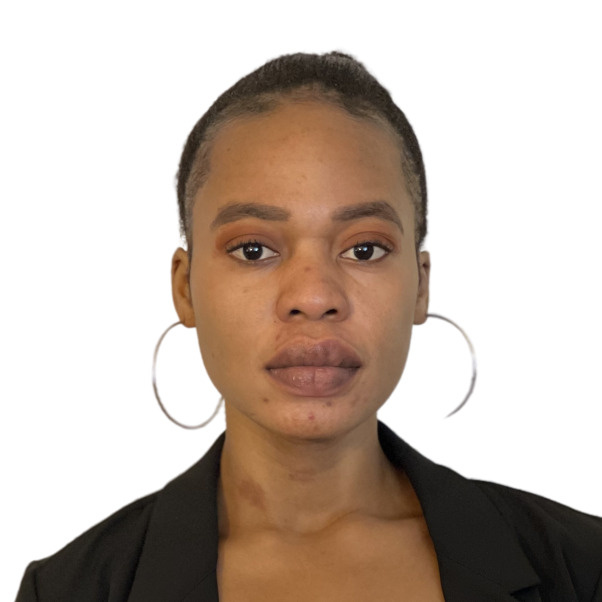
Christelle Zozoungbo is pursuing a doctoral degree in Economics at the Pennsylvania State University, specializing in Applied and Structural Econometrics and Development Economics, particularly focusing on inquiries about education, inequality, and mobility.

Salif Jaiteh is an Economist on the Research and Evaluation Team at IDinsight, currently based in Berlin, Germany. In his research during graduate school, among other things, he focused on migration attitudes and studied how to improve the measurement of wealth using remote sensing. Salif holds a BA in Political Science from the University of Mannheim and a PhD in Political Science from Columbia University.
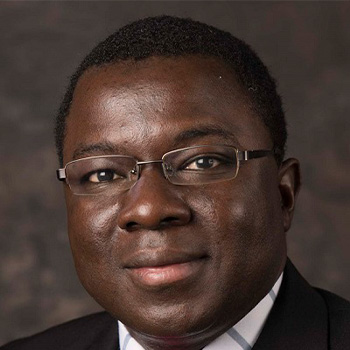
Arsene Brice Bado is Professor of Political Science and Research Director at CERAP, at the Universite Jesuite in Abidjan, Cote d’Ivoire. He is the EGAP West Africa Regional Hub lead on activities related to democracy and conflict in West Africa as well as methods training for Francophone West African researchers. His research focuses on democracy, ethnic pluralism, electoral processes in conflict-torn societies, and foreign aid in Africa.
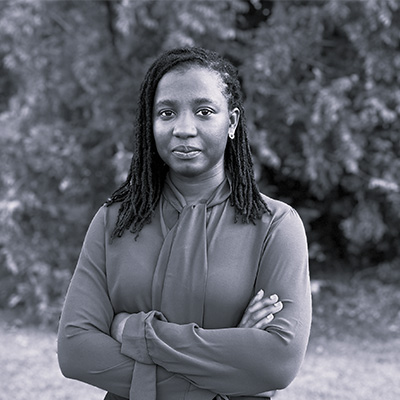
Yabo Gwladys Vidogbena is pursuing a doctoral degree in Economics at the University of Houston. Her research interests lie in development economics, with a particular focus on education. Her current work aims to contribute to understanding the causes of low learning outcomes in low-income countries, particularly in sub-Saharan Africa.
About CERAP
The Centre of Research and Action for Peace (CERAP) is a research center and higher education institution in Côte d’Ivoire. It was established in 1962. CERAP’s mission is to contribute to the building of a world of justice and peace through education and community outreach. It offers both undergraduate and graduate academic programs. CERAP has implemented projects on reconciliation and violence mitigation since the Ivorian political crisis. CERAP is also home to a publishing house, Editions du CERAP, which contributes to the promotion of African writers.
About EGAP
Evidence in Governance and Politics (EGAP) is a research, evaluation, and learning network with worldwide reach that promotes rigorous knowledge accumulation, innovation, and evidence-based policy in various governance domains, including accountability, political participation, mitigation of societal conflict, and reducing inequality. It does so by fostering academic-practitioner collaborations, developing tools and methods for analytical rigor, and training academics and practitioners alike, with an intensive focus in the Global South.
About the EGAP West Africa Regional Hub at CERAP
The EGAP West Africa Regional Hub at CERAP was established to support regionally-based researchers and practitioners in connecting with a global learning community. West Africa-based scholars identify Hub priorities, set the research agenda, share knowledge and foster collaboration with scholars around the world. One of these priorities is to strengthen local researchers’ ability to conduct rigorous quantitative impact evaluations.
EGAP is a research network institutionally based at the University of California, Berkeley, CA USA. As a UC Berkeley-sponsored event, participation is voluntary and signature of the UC general waiver will be required. Please find the waive here: https://riskservices.berkeley.edu/sites/default/files/uc_general_waiver.pdf